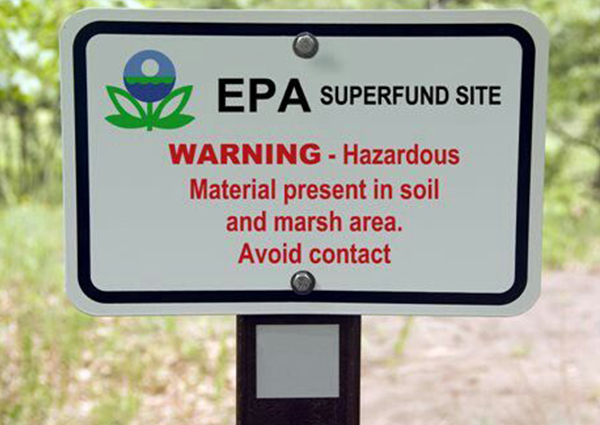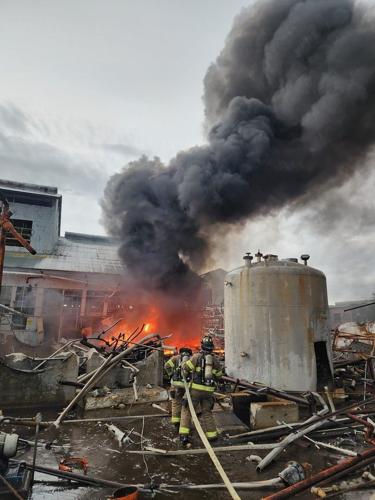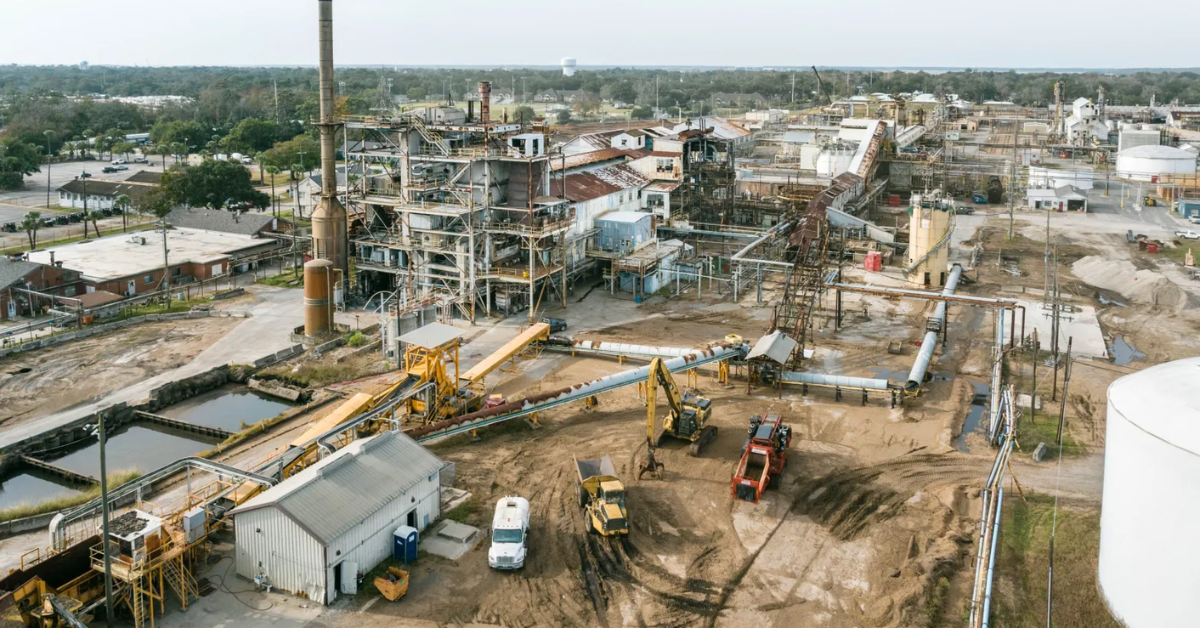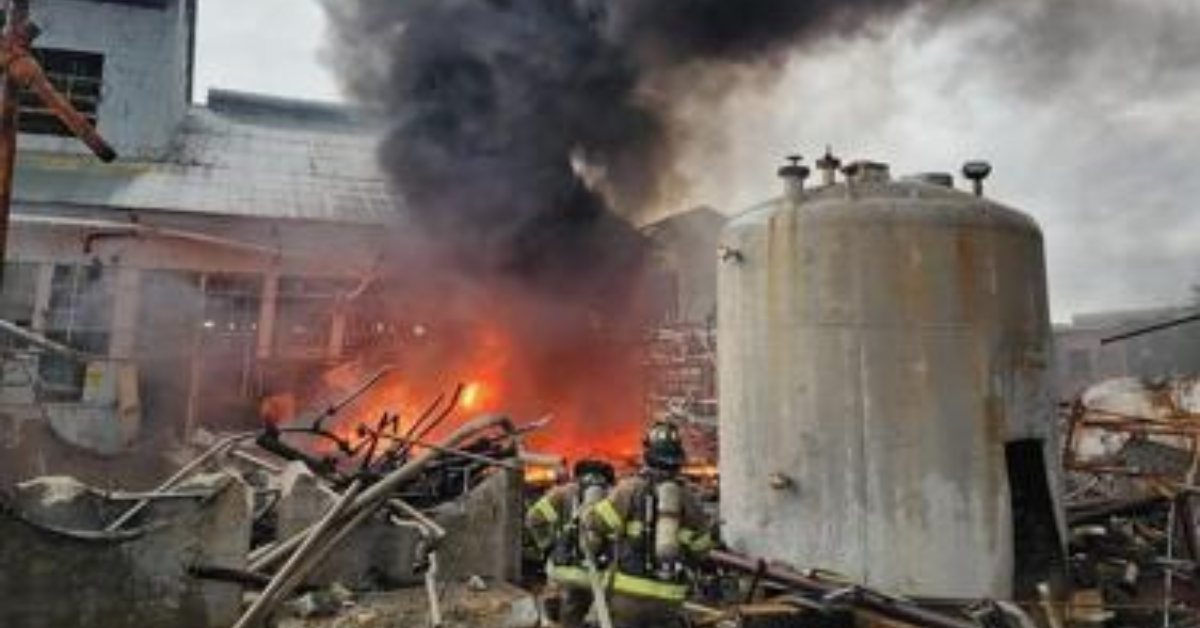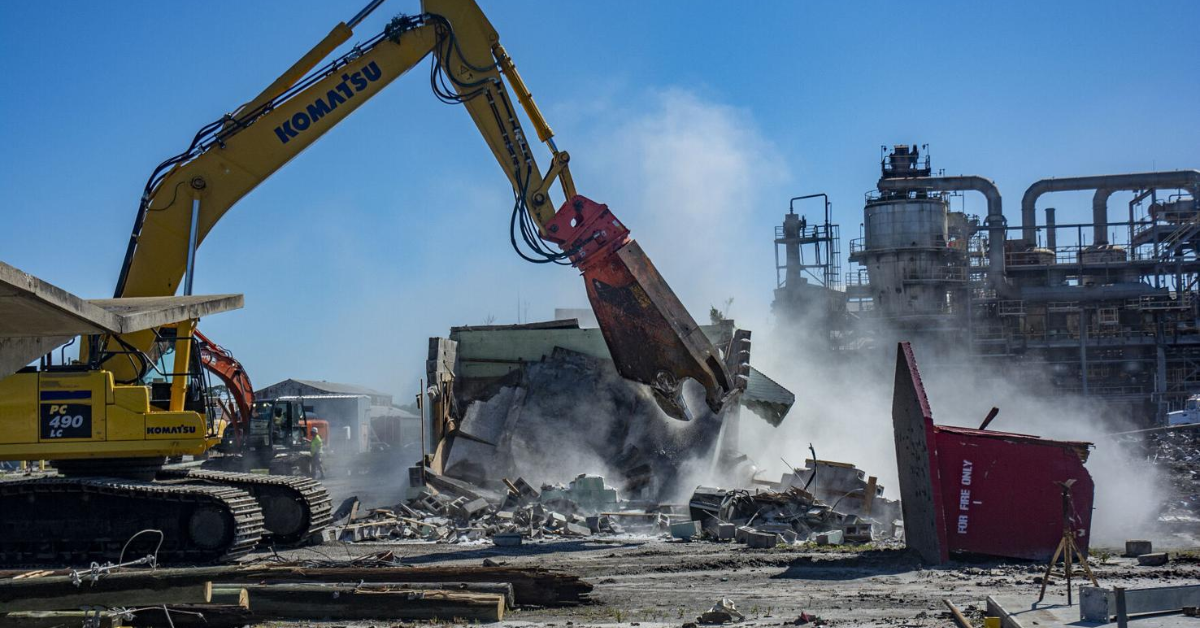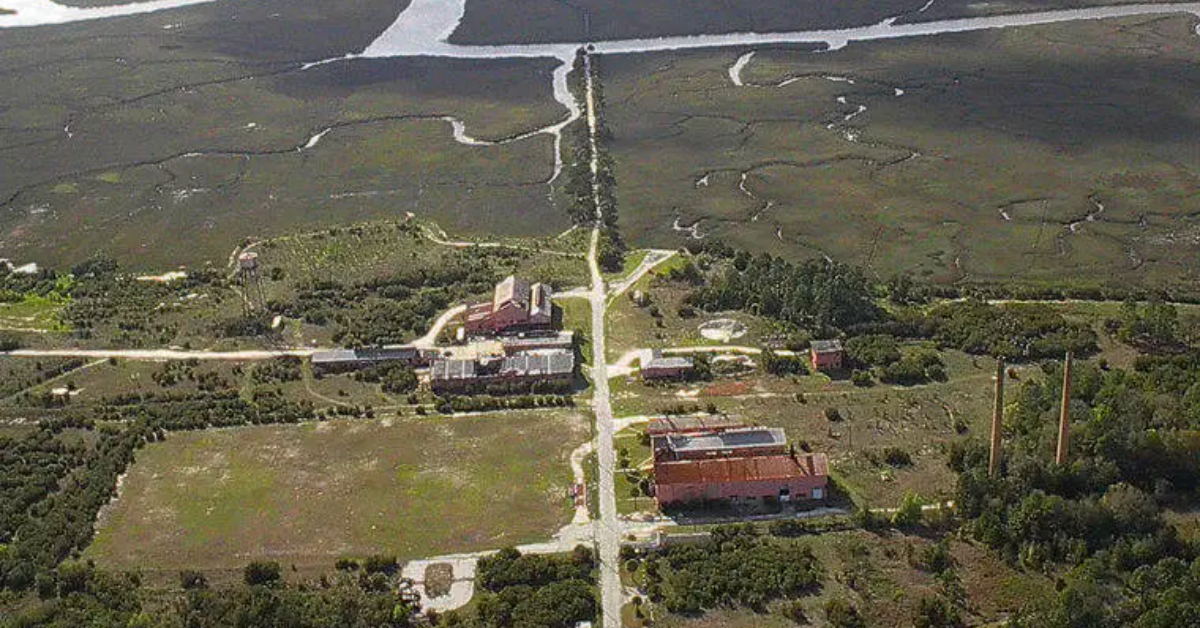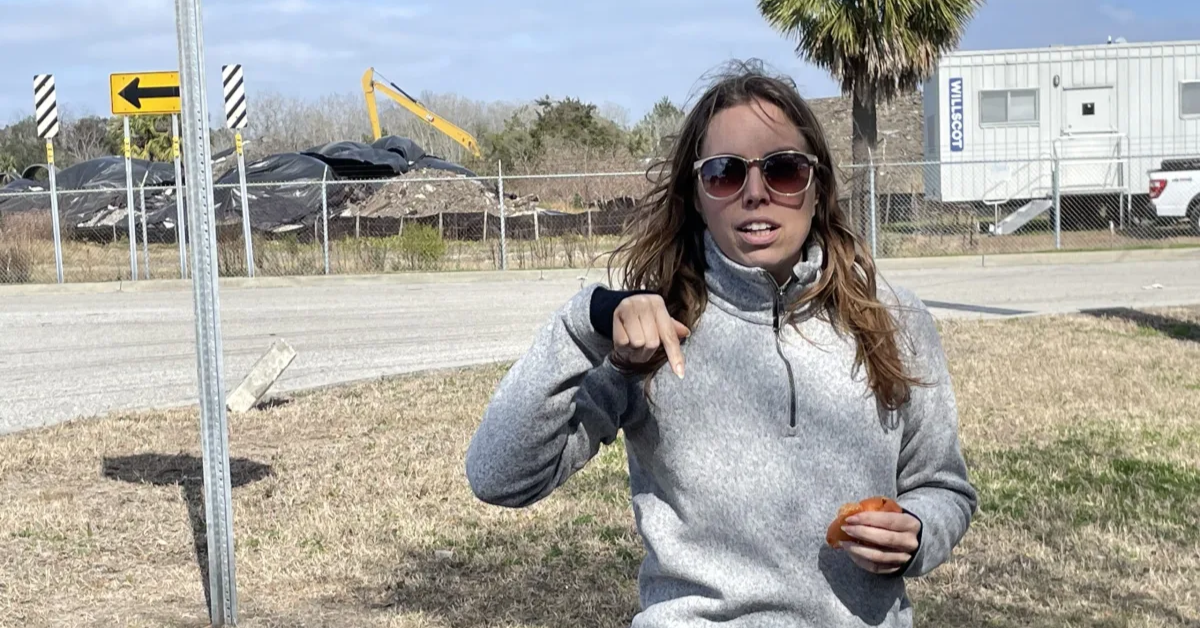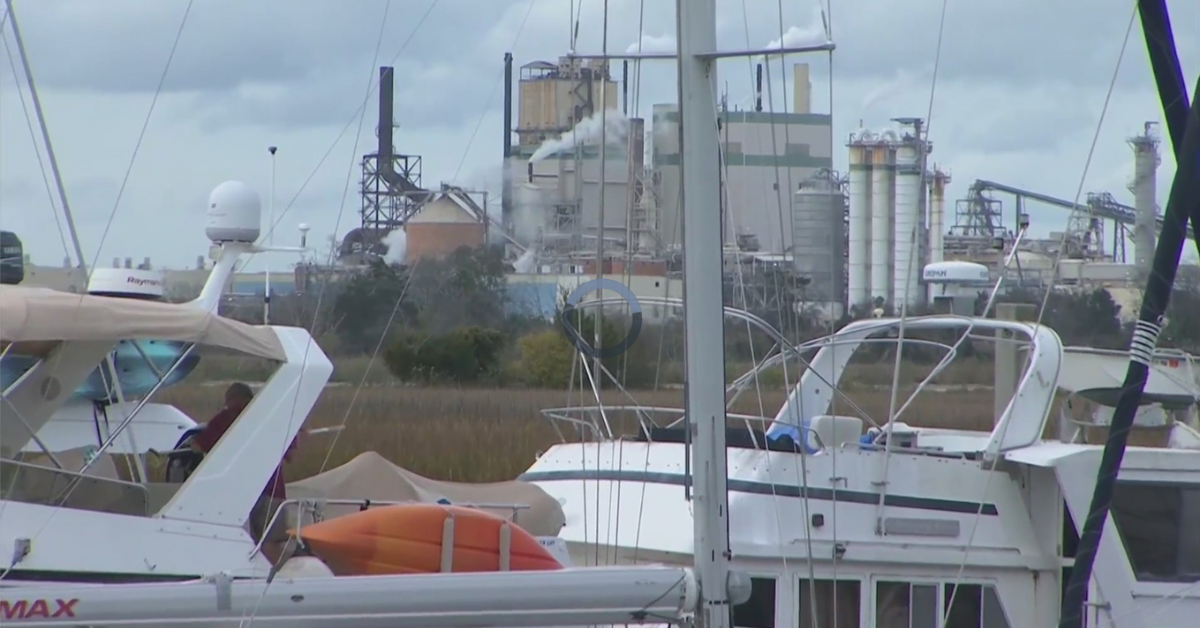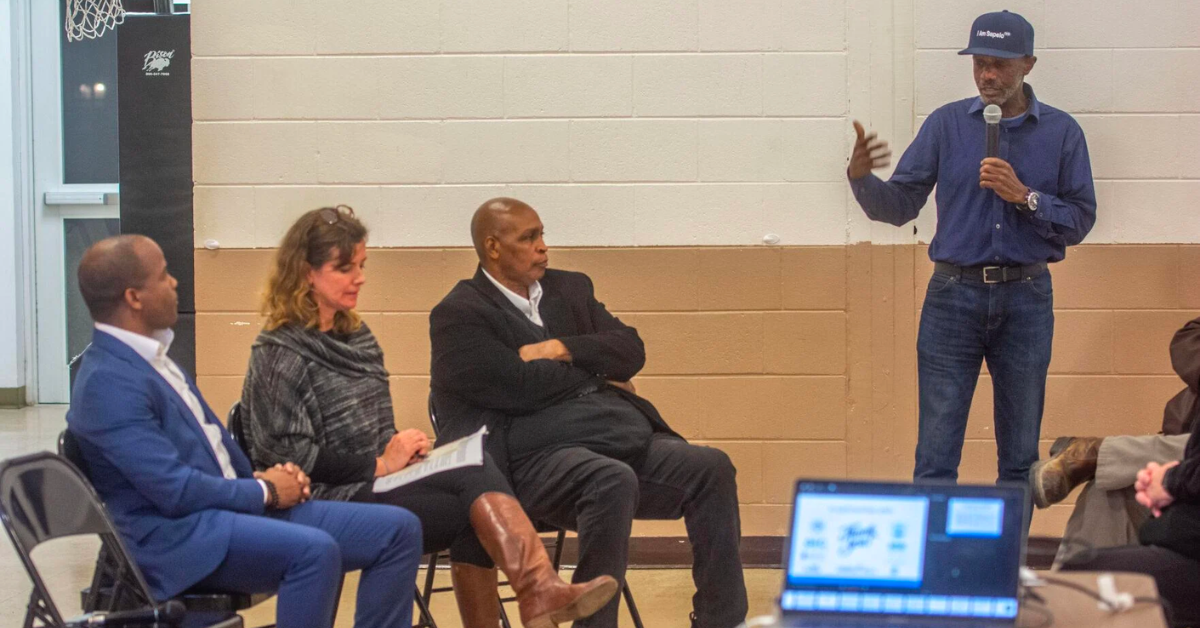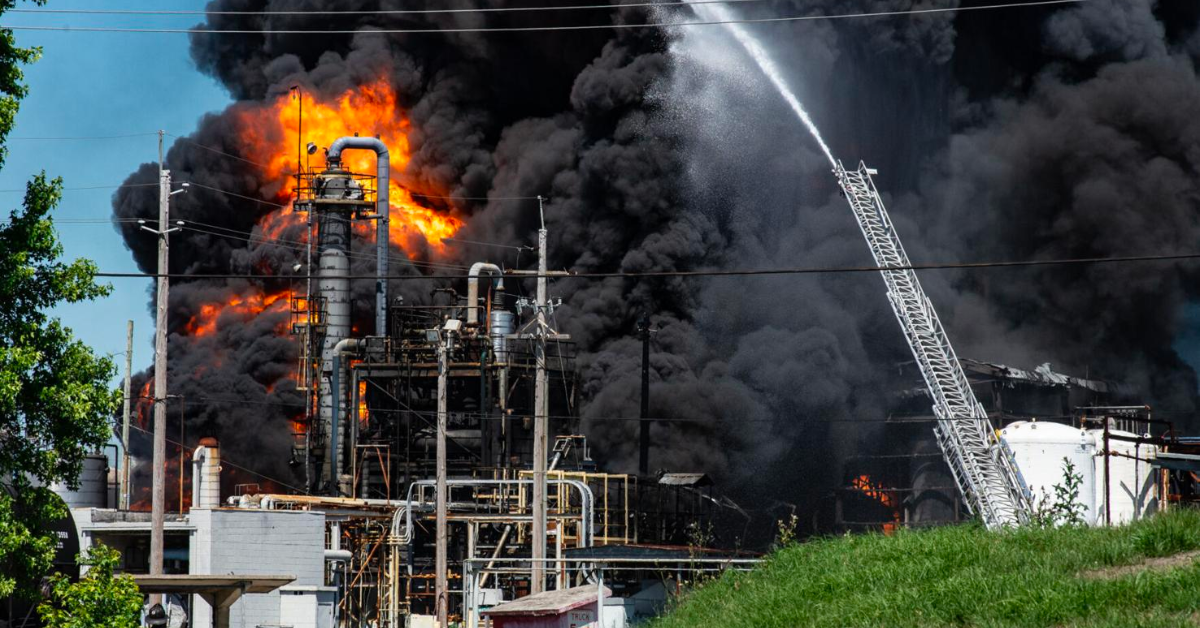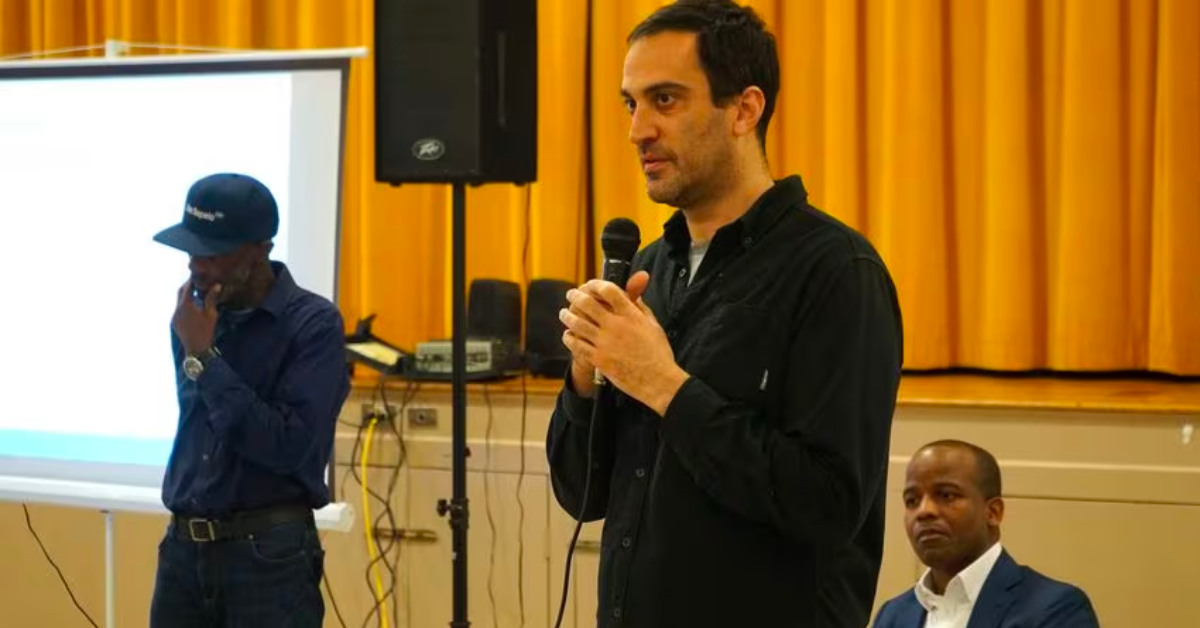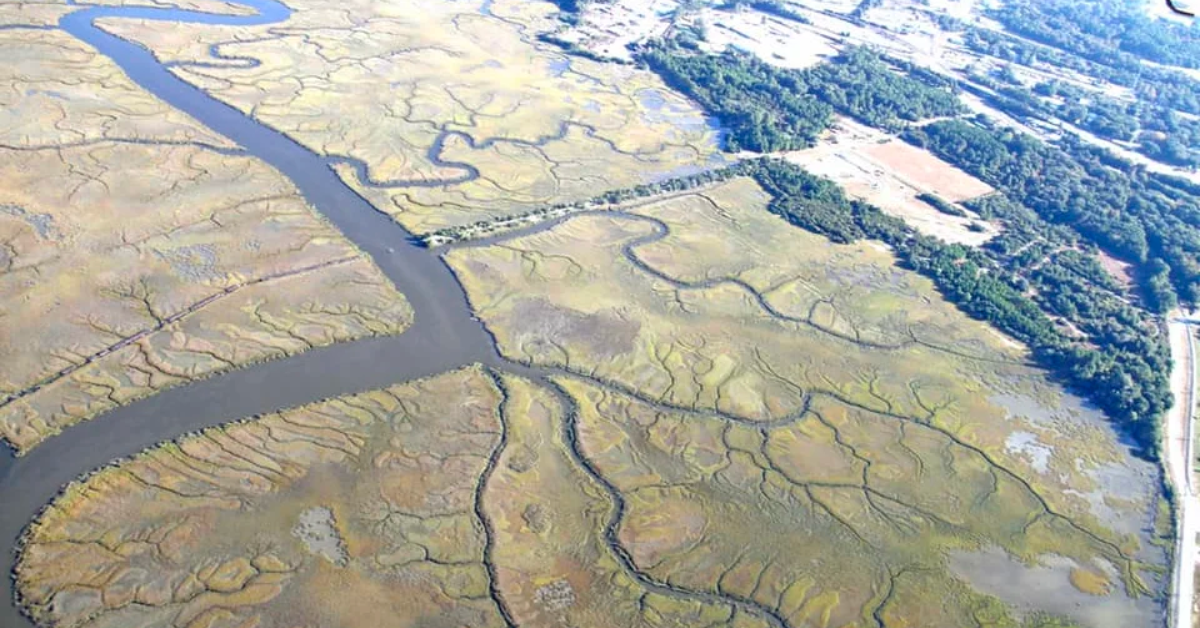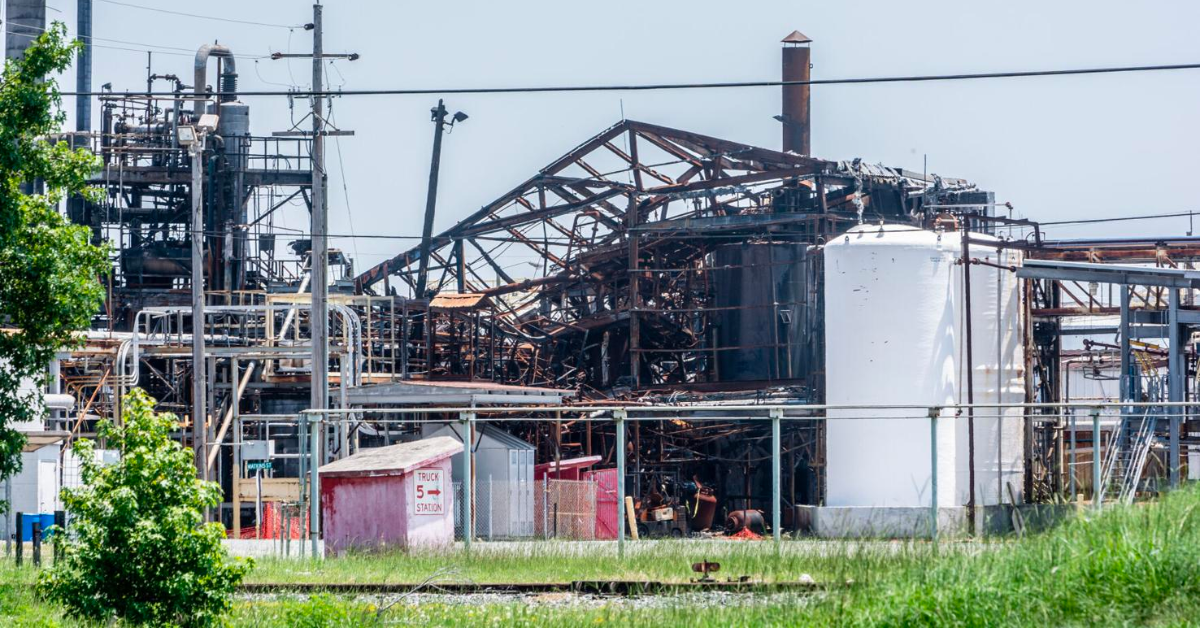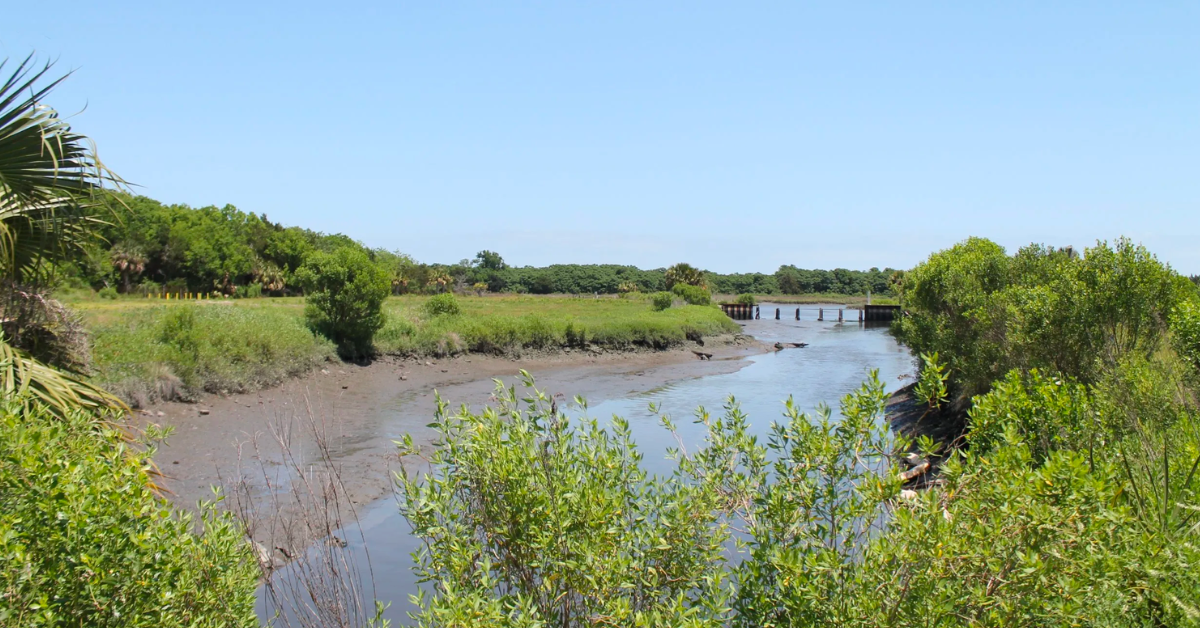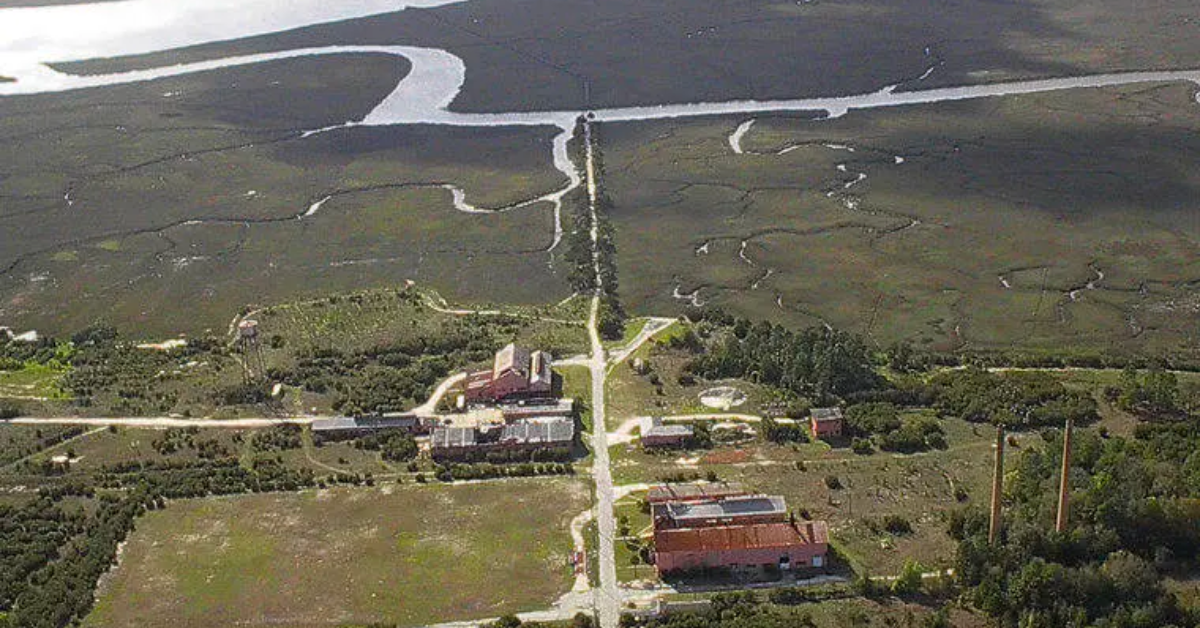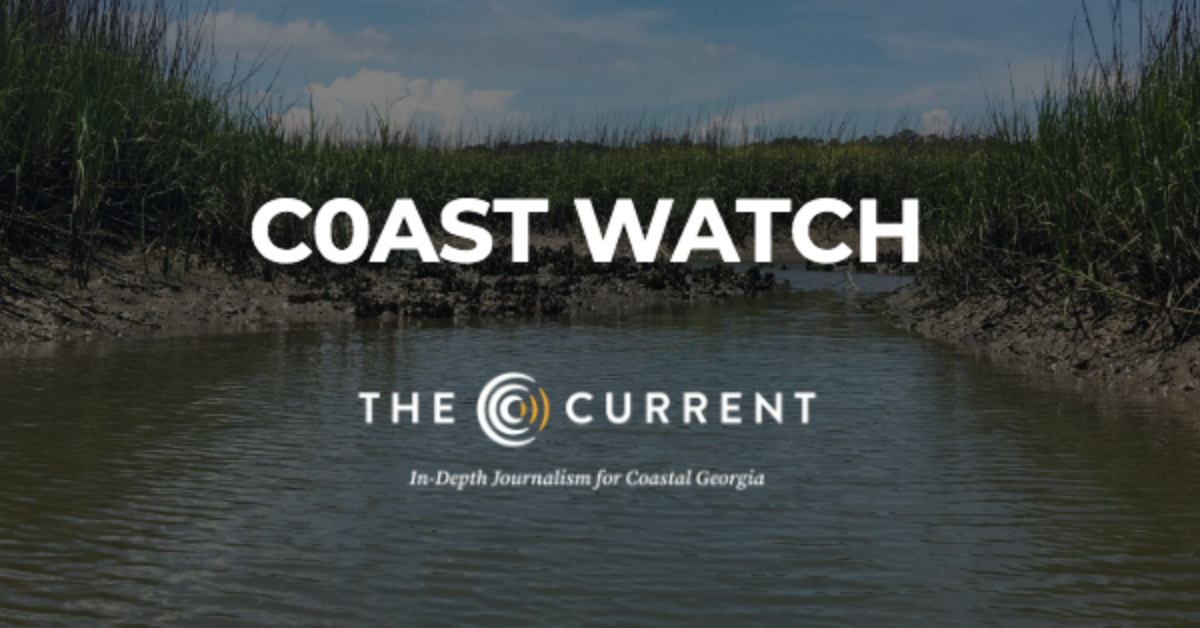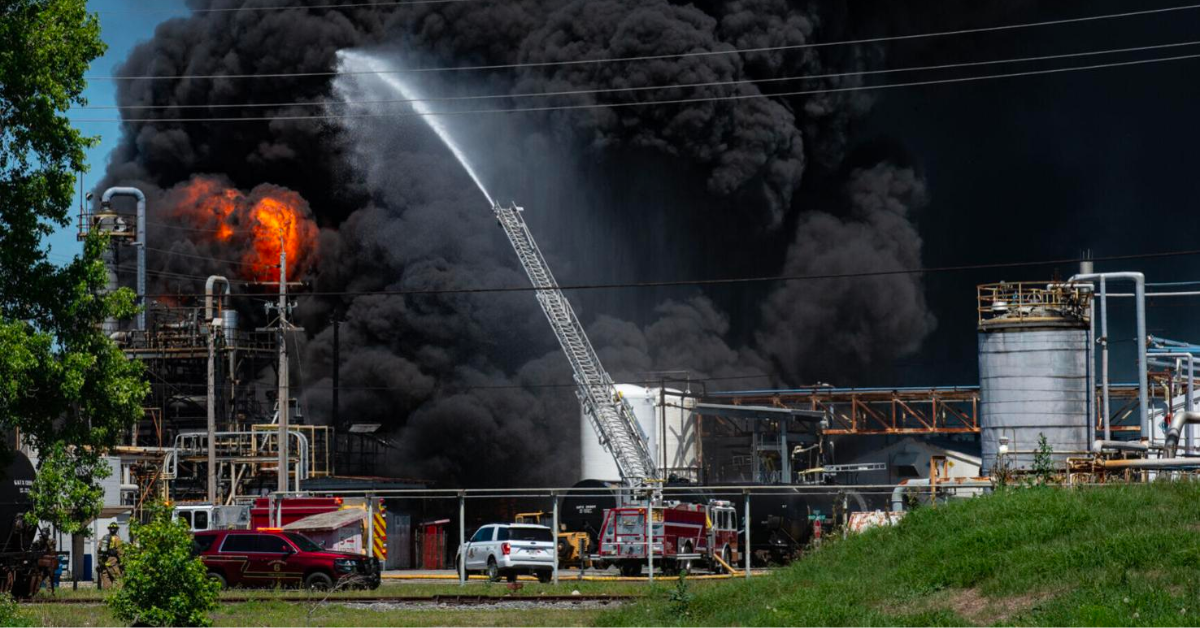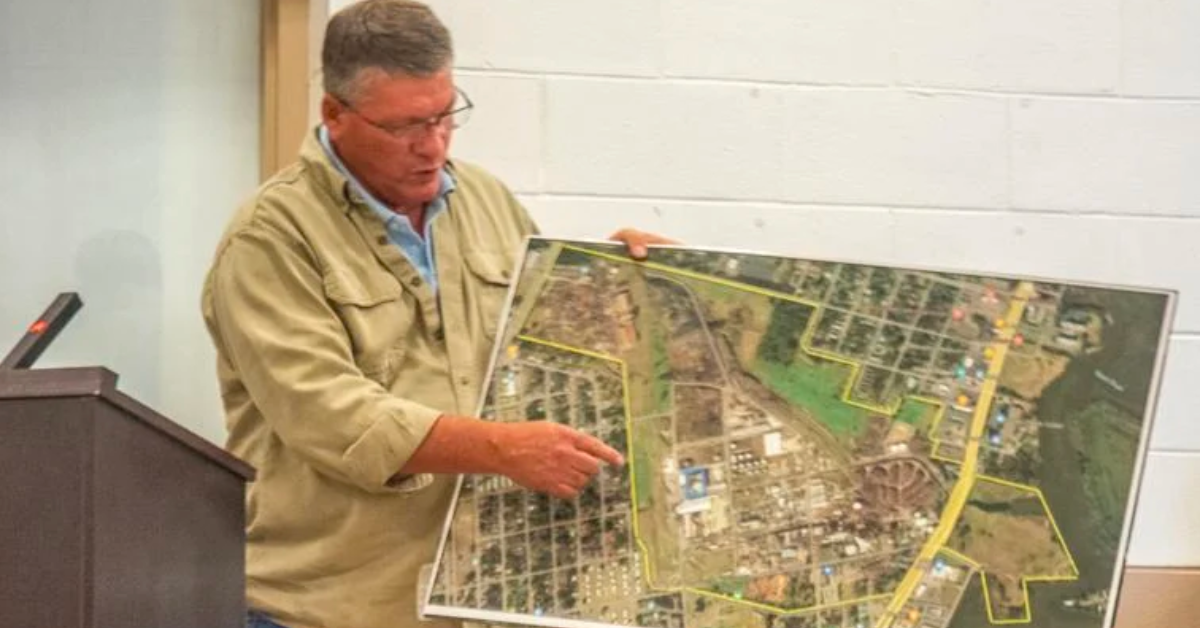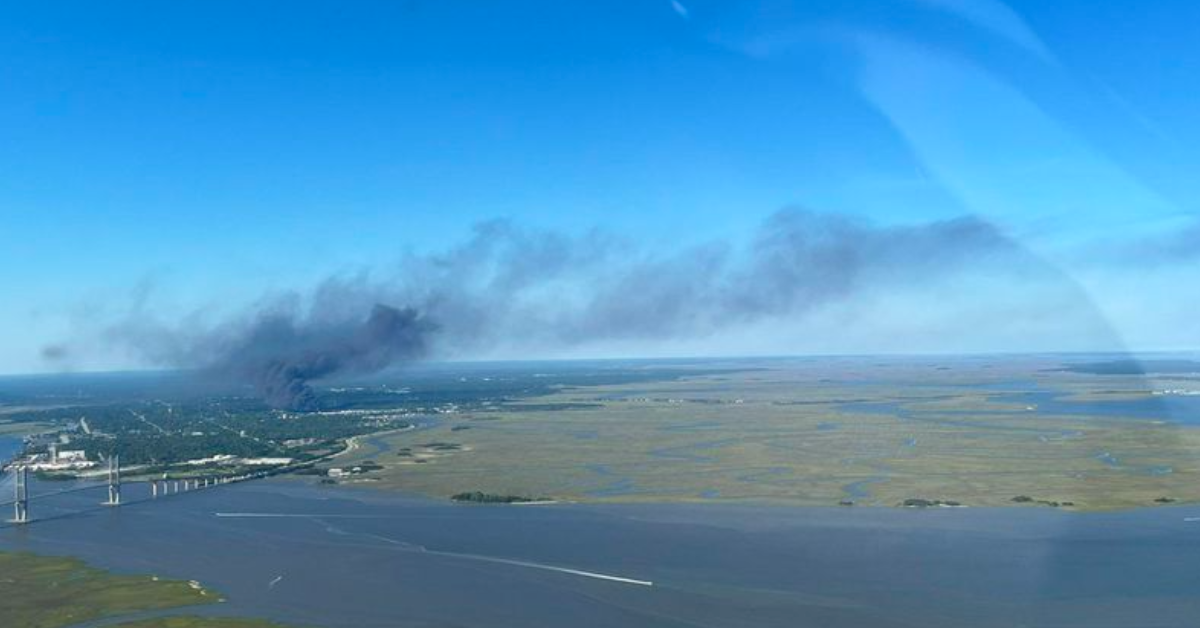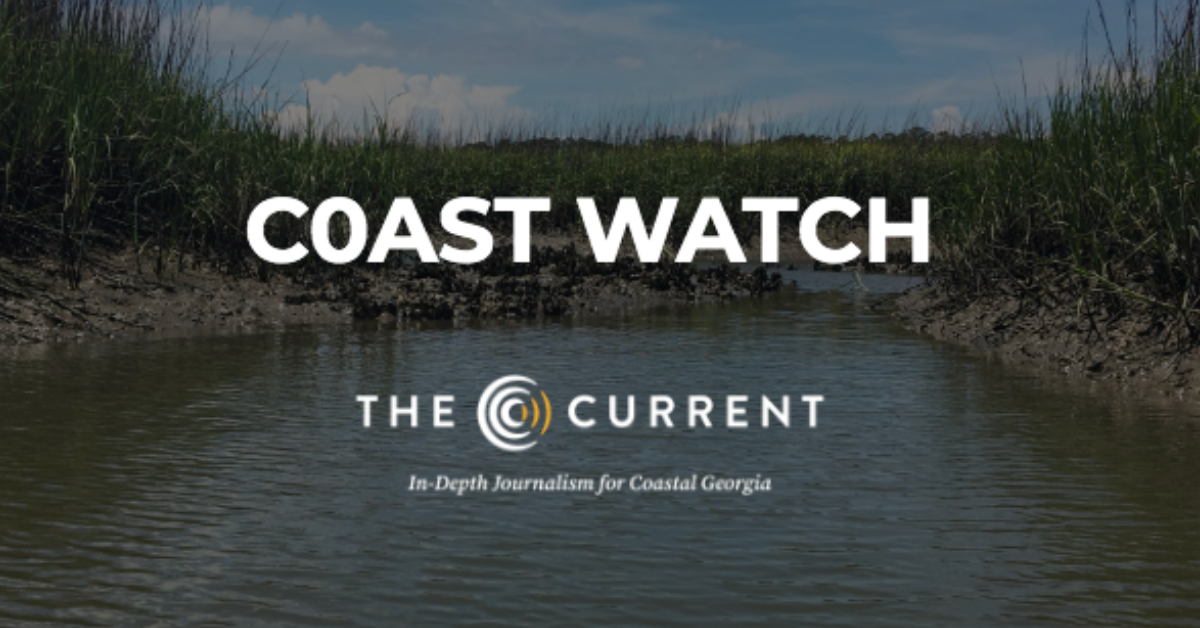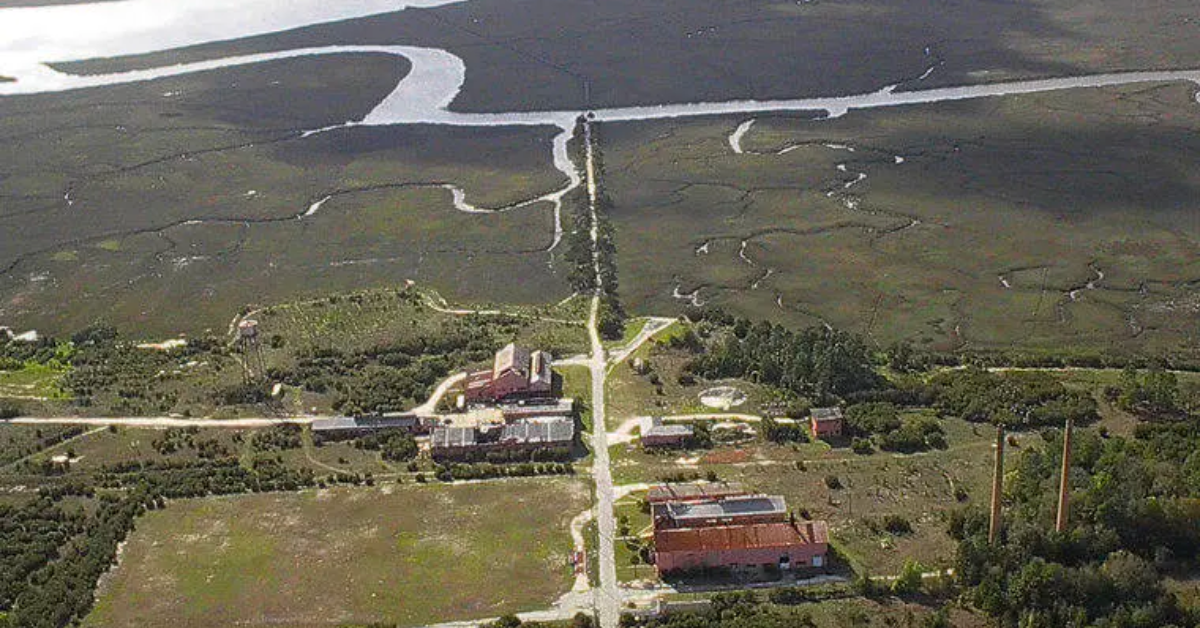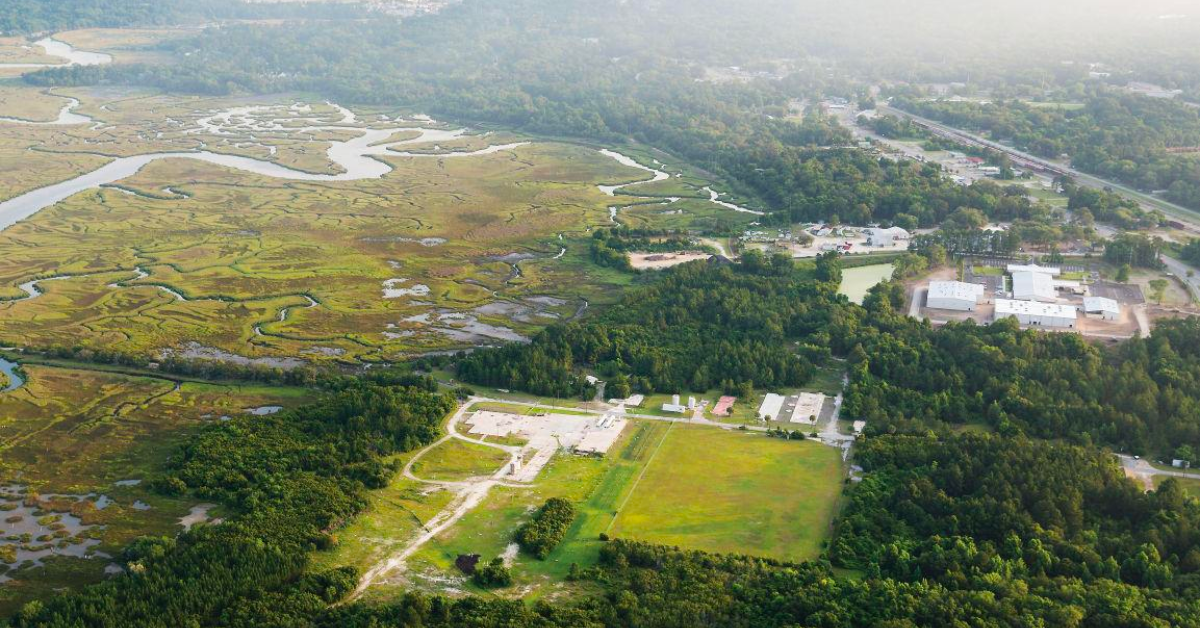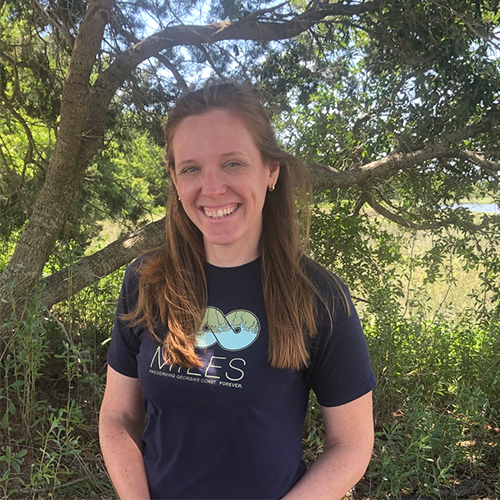Toxic Sites Threaten Human and Wildlife Health
Every time we recreate by or consume fish caught near hazardous sites, humans risk dangerous exposure to carcinogenic chemicals, such as Toxaphene in Terry Creek and PCBs near the Honeywell-LCP Superfund site. Serious health impacts have also been documented on local wildlife such as fish and marine mammals, which accumulate the toxic materials in their tissue. These sites pose a threat to our economy and quality of life, as property values decline when hazardous materials are discovered. Often times, residents with the ability to leave will move from the community, leaving the most vulnerable residents behind to endure the ongoing threats.
Know Your Superfund Sites
Georgians deserve a say in the cleanup plans that impact their community. That’s why One Hundred Miles has taken an active role in advocating for responsible cleanup plans to address our coast’s hazardous waste sites. In Glynn County, the Honeywell-LCP and Terry Creek Superfund sites are currently undergoing planning for remediation. Our staff is working with community members and the EPA to ensure cleanup plans adequately restore our land, water quality, wildlife, and public safety.
While both the Honeywell-LCP and Pinova Hercules/Terry Creek Superfund Sites present similar threats to the community, different tactics and information are needed to effectively fight. More detailed information for both sites coming soon.
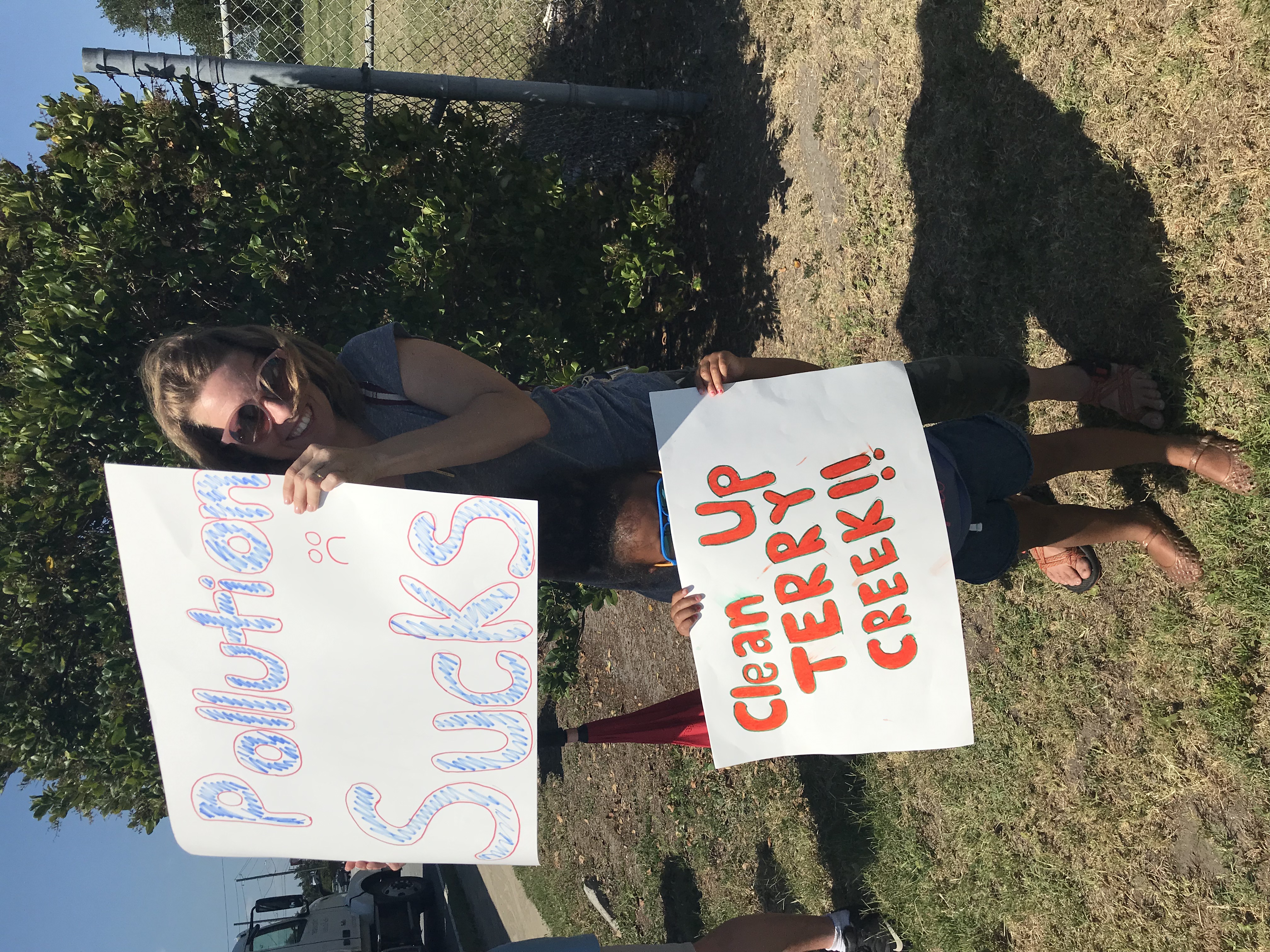
Pinova (also known locally as Hercules, the original owners/operators of the plant) is a hazardous waste site actively managed by Georgia’s Environmental Protection Division. According to Hercules’ website, the Terry Creek outfall (a designated Superfund site) has undergone various clean-up and remediation plans over the years. However, heavy traces of the insecticide toxaphene and other pollutants remain present. There are approximately 600 acres of marshland and tidal creek, including Terry Creek, that have no remediation plans in spite of evidence of contamination.
The (federal) Environmental Protection Agency has agreed to a remediation plan underway at the Terry Creek Superfund site. The current plan reroutes the outfall ditch and leaves an open hole/ditch, continually exposing wildlife and people to toxins. The Urbana/Perry Park Neighborhood Planning Assembly has been actively fighting for this ditch to be covered.
We and our partners are asking for the EPA to cover this rerouted ditch and implement an additional clean-up plan for the 600+ acres still left untouched.
Recent News
The Brunswick News | 4/22/24
The Brunswick News | 4/22/24
The Brunswick News | 3/30/24
The Brunswick News | 3/30/24
The Current | 4/21/24
WSAV 3 | 1/26/24
The Brunswick News | 1/18/24
The Brunswick News | 1/18/24
Atlanta Journal-Constitution | 1/17/24
Brunswick News | 1/13/24
Brunswick News | 1/11/24
The Brunswick News | 12/20/23
The Brunswick News | 10/31/23
The Brunswick News | 9/29/23
The Brunswick News | 9/26/23
The Brunswick News | 9/23/23
The Current (Coast Watch) | 9/20/23
The Brunswick News | 6/28/23
The Brunswick News | 6/9/23
The Brunswick News | 5/18/23
The Brunswick News | 4/27/23
Minorcan Mullet | 4/20/23
Atlanta Journal-Constitution | 4/16/23
The Current | 3/22/23
The Current | 3/20/23
NPR: Political Rewind | 2/24/23
The Current | 2/15/23
The Brunswick News | 2/15/23
The Brunswick News | 2/14/23
The Brunswick News | 2/2/23
“Local efforts to improve the situation with superfund sites can sometimes seem hopeless. It is precisely those times when it is more important than ever to keep the issue alive in our community.
Contact Lericia for more information about our efforts to protect our community from toxic sites.

